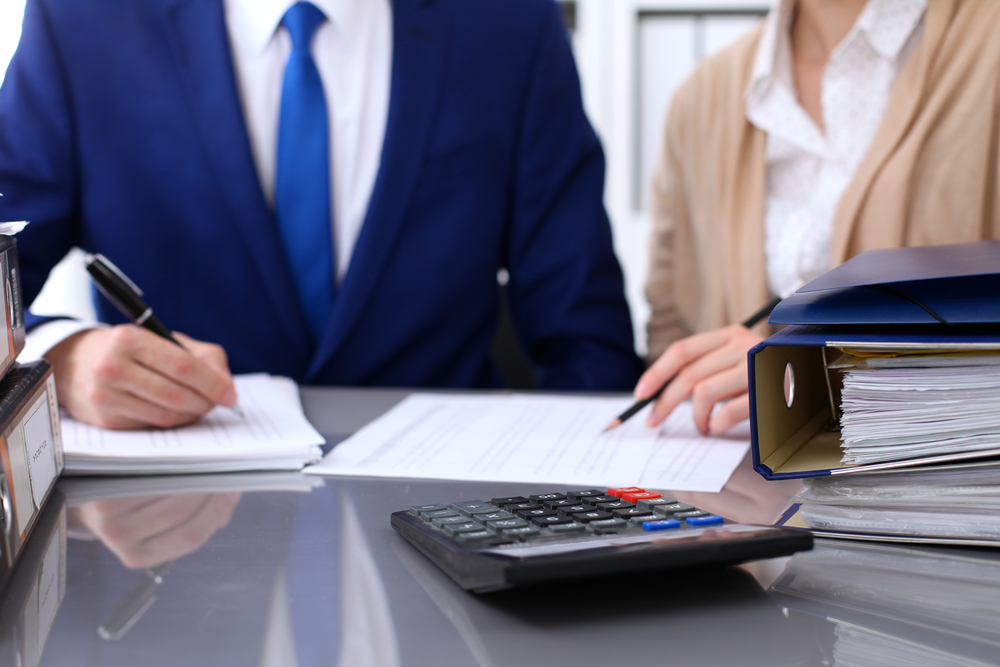How to
How to prepare for your first meeting with a financial adviser

Preparing for retirement and seeing an adviser for the first time? Here’s what you need to think about beforehand and a list of documents to take with you.
If you are approaching retirement you may be considering going to see a financial adviser for the first time. Due to the complexities of making decisions about your retirement, the government has issued proposals that will mean you should be able to release £500 from your pension scheme to pay towards retirement advice.
While it’s unlikely that £500 will be sufficient for an independent financial adviser to provide you with a comprehensive retirement solution, it will give you a “taster” of what they are able to do for you.
So how can you best prepare and get the maximum benefit from a first meeting with an adviser? Put yourself in the shoes of the adviser, they can only help if they fully understand your financial situation and can get a good picture of your circumstances. So, the key is to go fully prepared to the meeting, with all of the documentation that will help them and be ready to explain what you want to do in retirement.
Why are you here?
It is important to help the adviser understand what your goals, aspirations and dreams are in retirement, when you would like to retire, would you like to retire on a set date or gradually over a period of time. If you are employed, what is your employer’s process on retirement?
What do you intend to do in retirement?
This might seem like a strange question but it is really important as some hobbies are inexpensive while others will eat money. It is also important to have an idea of what your regular outgoings will be and how much income you will need to cover the basics.
How will you fund your retirement?
The adviser will need a comprehensive understanding of your own and any partner’s finances. This will include current income from all sources such as earnings, savings, dividends and any rent. You should also take into account any current assets you have such as savings and investment products, cash accounts, shares, bonds, endowments and ISAs. Finally, of course, consider any pension savings – one of the most important areas. You should, where possible, have the most recent statements you have been sent showing the value of the pension, and if you have them, copies of any of the original paperwork from when you started the pension such as policy documents or contracts.
How much do you owe?
It is also so important to let the adviser know of any financial liabilities that you have. These could include any mortgages or loans that need to be paid off as well as any hire purchase agreements or credit card debt. Knowing the rates of interest on these arrangements is also important. Do you have any known expenditure pending such as a house renovation or improvements or maybe a change of car to suit you in retirement?
Where will you live?
As you will know, your largest asset is likely to be your home. Having a current valuation and deciding if it will be your “forever home” or will you consider downsizing or moving. If you do decide to move, it can be an expensive goal and one that the adviser should be aware of as he sits down to help you.
Other life events
If we had a crystal ball this question would be easy to answer, but it is worth considering your health and family history. Do you have any known ailments; do you have any life cover? Do you have a current will and has any pension administrator got a current expression of wish form detailing your nominated beneficiaries? It’s not all about you either. Do your parents have sufficient financial resources or might their long term care requirements need to be funded by you. Do they have excess funds and might there be an inheritance?
An adviser can only point you in the right direction if they fully understand where you intend to go and indeed, where you are starting from – so go prepared and get the maximum value.
Things to take with you:
- List of your regular outgoings and income needs
- Comprehensive financial details for you and your partner
- Pension policy documents and latest valuations
- Financial liabilities such as debt and mortgages
Things to have considered:
- What do you want to achieve in retirement?
- When would you like to retire?
- Likely expenditure in retirement
- Are you in good health?
Martin Tilley is director of technical services at Dentons Pension Management